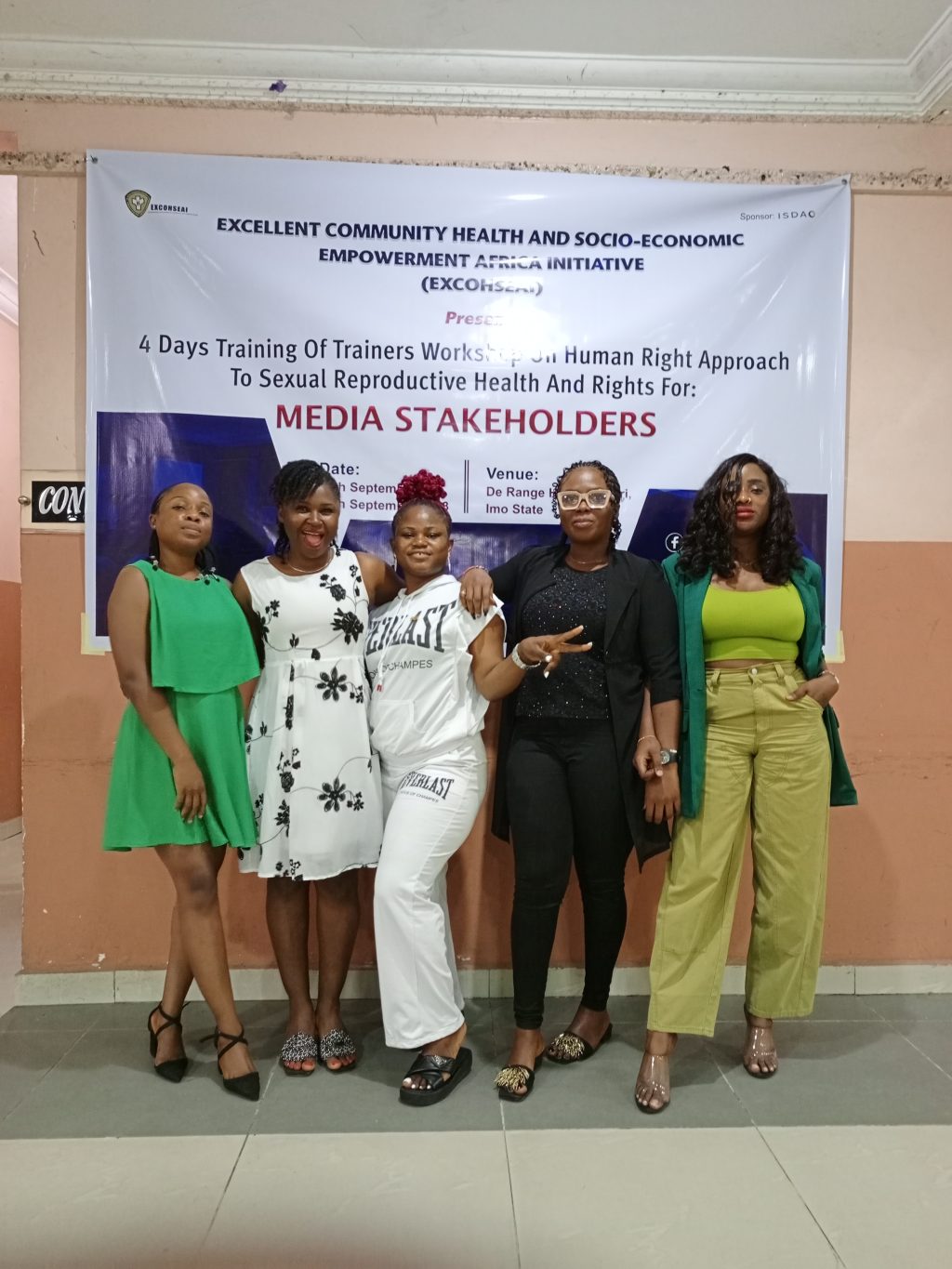Ensuring SRHR and Rights of Sex Workers in Nigeria: Challenges, Barriers, and Solutions

Ensuring SRHR and Rights of Sex Workers in Nigeria: Challenges, Barriers, and Solutions
Sex work is a complex and often stigmatized profession that exists in nearly every corner of the world, including Nigeria. Sex workers, like all individuals, are entitled to fundamental human rights, including sexual and reproductive health and rights (SRHR). However, in many societies, sex workers face numerous challenges and barriers when it comes to accessing these rights. In this article, i will delve into the specific issues affecting sex workers in Nigeria, highlighting both the challenges they face and the solutions that can pave the way toward better rights protection and healthcare access.
Challenges Faced by Sex Workers in Nigeria
Stigma and Discrimination: Sex workers in Nigeria are often stigmatized and face discrimination from society at large. This stigma can lead to a variety of negative consequences, including violence and harassment.
Legal Framework: The legal framework around sex work in Nigeria is ambiguous and varies from state to state. While some states criminalize sex work, others do not have explicit laws regarding it. This legal uncertainty makes sex workers vulnerable to abuse and exploitation.
Violence and Exploitation: Sex workers are at a higher risk of physical and sexual violence. They often have limited legal recourse when faced with violence, as they may fear arrest or further discrimination.
Healthcare Access: Access to healthcare, including SRHR services, is a significant challenge for sex workers. Many healthcare providers refuse to treat them due to stigma, and this lack of access can lead to the spread of sexually transmitted infections (STIs) and unwanted pregnancies.
Economic Vulnerability: Sex work is often one of the few employment options available to marginalized individuals. This economic vulnerability leaves them with limited choices and makes it difficult for them to escape the profession if they wish to do so.
Barriers to Overcome
Legal Reform: There is a need for comprehensive legal reform that recognizes the rights of sex workers. This includes decriminalizing sex work and ensuring that sex workers are protected under the law. Advocacy efforts by organizations like EXCOHSEAI have been instrumental in pushing for these reforms.
Destigmatization: Society must work to destigmatize sex work. Education and awareness campaigns can help challenge misconceptions and stereotypes associated with sex workers.
Access to Healthcare: Healthcare providers should be trained to provide non-discriminatory care to sex workers. Mobile clinics and outreach programs can ensure that sex workers have access to SRHR services and regular check-ups.
Economic Empowerment: Initiatives like EXCOHSEAI’s training of media stakeholders are vital in raising awareness about the economic vulnerability of sex workers. Providing alternative livelihood options and vocational training can empower sex workers to have greater economic independence.
Community Support: Building strong support networks within the sex work community and connecting them with organizations like EXCOHSEAI can provide crucial assistance in legal matters, healthcare access, and social services.
Appreciating the Role of EXCOHSEAI
The Excellent Community Health And Socio-Economic Empowerment Africa Initiative (EXCOHSEAI) has played a commendable role in advocating for the rights and well-being of sex workers in Nigeria. Their efforts in training media stakeholders have been pivotal in changing public perception and increasing awareness about the challenges sex workers face. By engaging with the media, EXCOHSEAI has helped ensure that the voices of sex workers are heard and that their issues are brought to the forefront of public discourse.

Ensuring the sexual and reproductive health and rights of sex workers in Nigeria is not just a matter of human rights; it is also a matter of public health and social justice. By addressing the challenges and barriers faced by sex workers, and by supporting and appreciating the work of organizations like EXCOHSEAI, we can move closer to a society that respects the dignity and rights of all its members, regardless of their profession. Legal reform, destigmatization, improved healthcare access, economic empowerment, and community support are key steps on this journey to a more inclusive and equitable future for sex workers in Nigeria.




